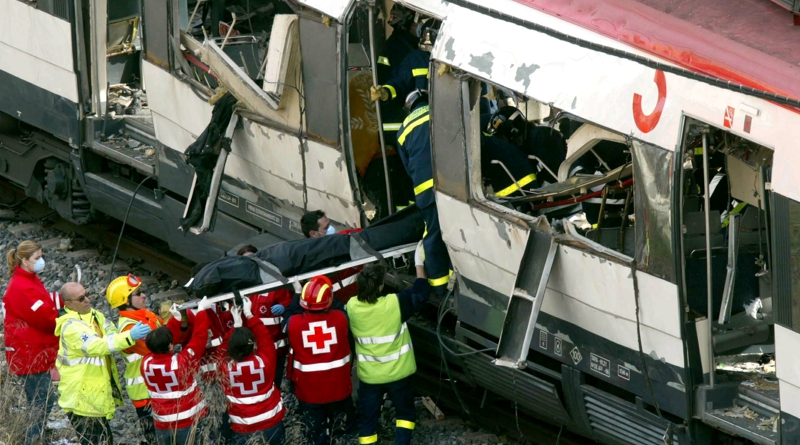Issues in Predicting and Forecasting Future Terrorist Warfare
By Dr. Joshua Sinai
The field of counter-terrorism studies requires new ways of thinking and methodologies to enable analysts and practitioners to predict and forecast new types of warfare and targeting likely to be employed by their adversary terrorist groups. This is important because analysts and decision-makers are always surprised when terrorist adversaries resort to new types of warfare in terms of operatives, tactics, weaponry, and targeting to launch attacks that were previously unforeseen, but should have been anticipated if upgraded analytic methodologies had been in place.
Everyone knows about al Qaida’s 9/11 attacks as the most infamous attack surprise in the modern history of terrorism, with other unexpected surprises including the post-9/11 anthrax poisonous letter attacks by an allegedly single operative, the use of rockets by the Lebanese Hizballah and the Palestinian Hamas against Israel when everyone was expecting a continuation of suicide bombings by single operatives, the current exploitation by al Qaida and the Islamic State of lone actor terrorists (as opposed to group attacks), including their extremist lone actor right-wing counterparts, in Western countries who are inspired by extremist forums on the Internet to attack on behalf of such groups.
In order to enable the counterterrorism community to predict and forecast the next generation of terrorist warfare in order to avoid the element of surprise, and thereby proactively prepare to respon...

